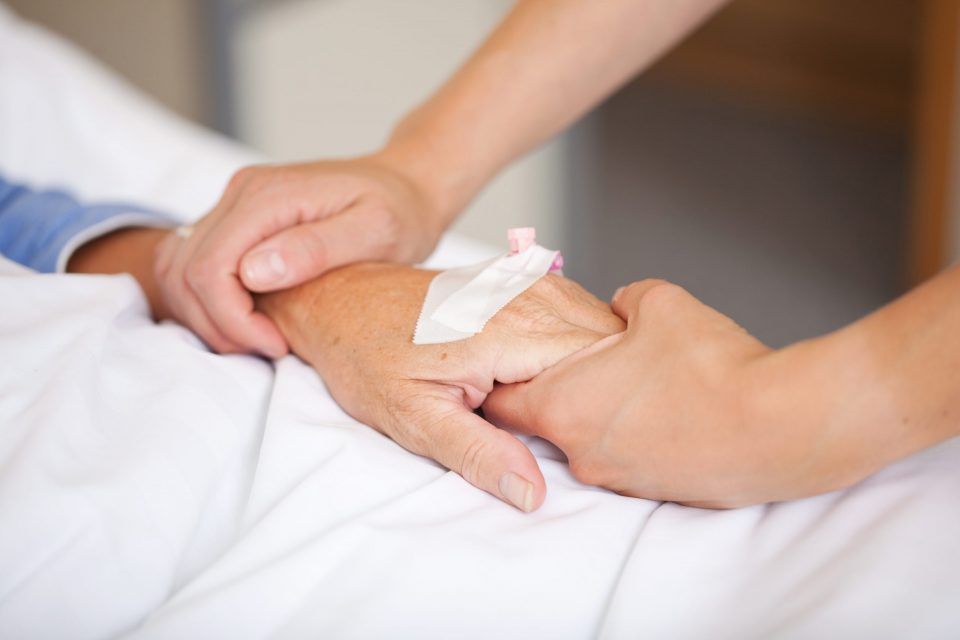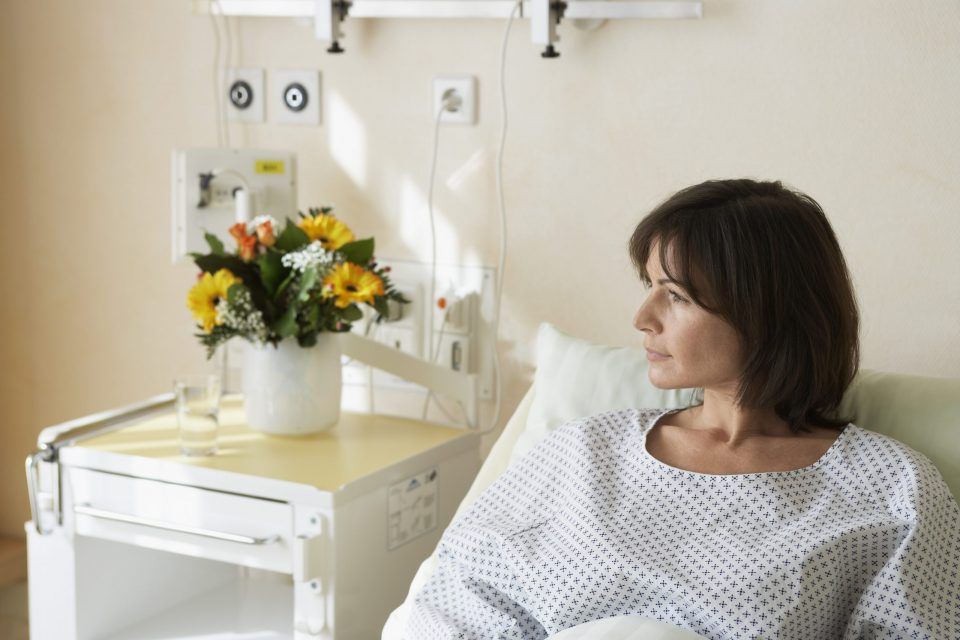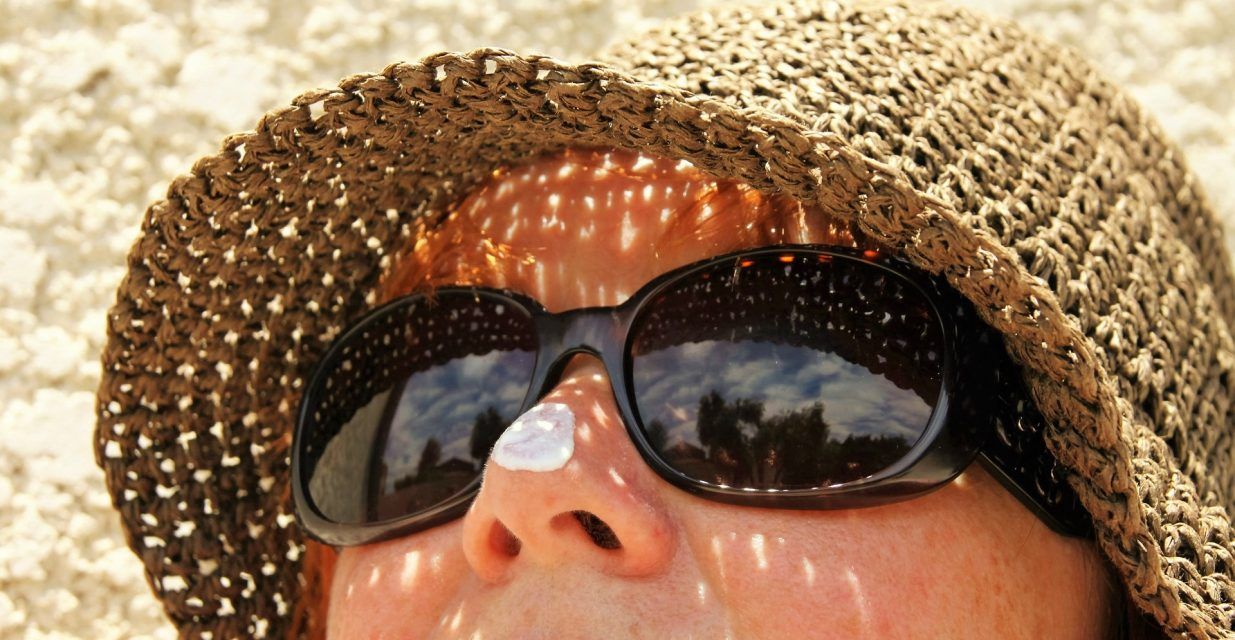diagnosed with melanoma: managing treatments, surveillance, and support
being diagnosed with melanoma is no longer the same death sentence it was decades ago because of improved surveillance and treatment options.
melanoma in canada: stats, impact and resources
melanoma cases are on the rise in canada, and roughly 11,300 new cases are expected in 2024.
twitch streamer ninja diagnosed with skin cancer: how to spot the signs of melanoma and the latest treatments
melanoma is often the most dangerous type of skin cancer because it can spread fast. it typically occurs within moles that already exist on the body.
 10 minute read
10 minute read


















